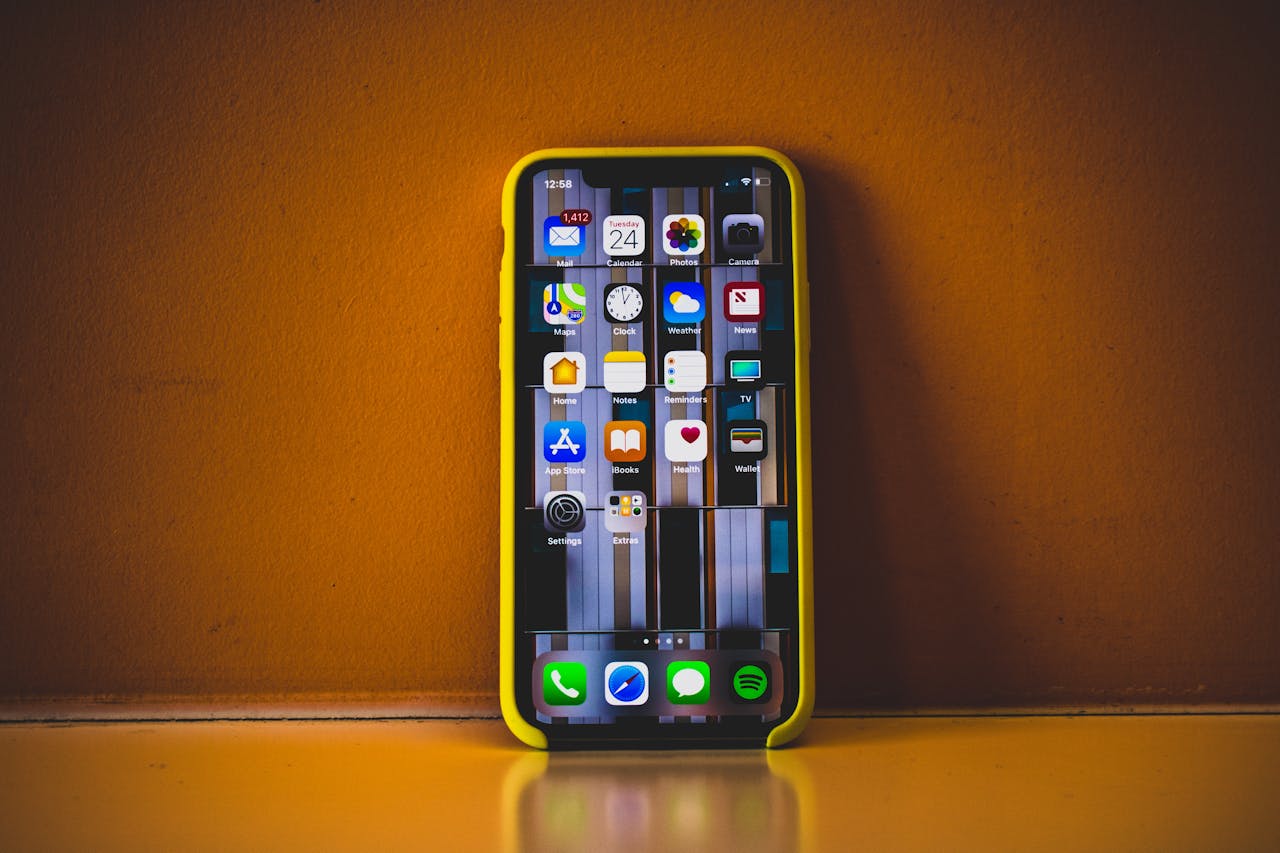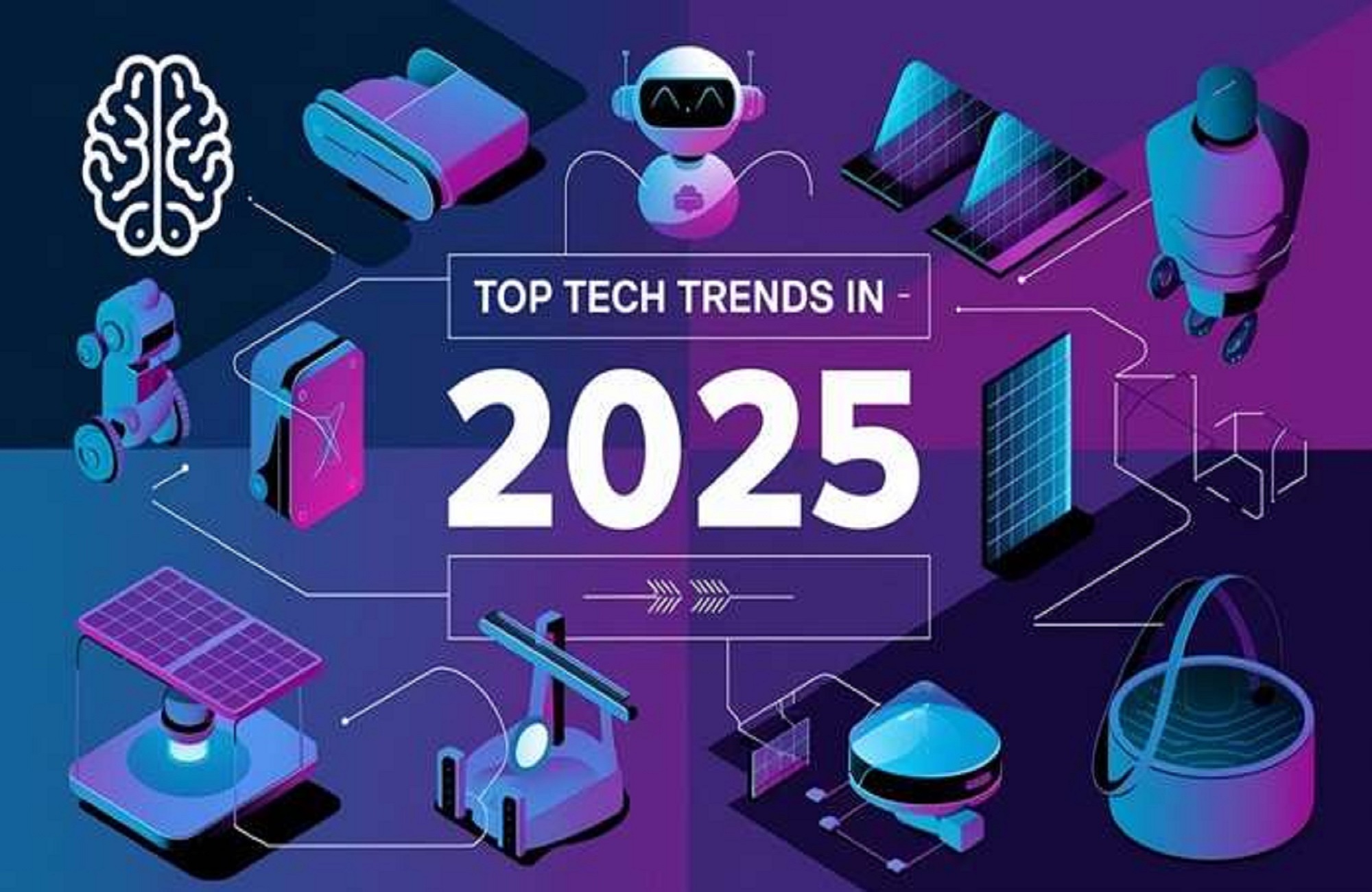Blockchain technology has become one of the most talked-about innovations of the 21st century. You might have heard it mentioned alongside cryptocurrencies like Bitcoin, or in the context of digital security and finance. But what exactly is blockchain, and why is it such a big deal? If you’re new to the topic, this guide will break down the basics in simple terms.
What is Blockchain?
At its core, blockchain is a type of distributed ledger technology. Imagine a digital ledger or record book that’s not stored in one place but copied and shared across thousands (or even millions) of computers around the world. This ledger records transactions or data in a secure, transparent, and tamper-proof way.
How Does Blockchain Work?
- Blocks: Data is grouped into “blocks.” Each block contains a list of transactions.
- Chain: These blocks are linked together in a chronological order, forming a “chain.” Hence the name blockchain.
- Decentralization: Instead of relying on a central authority (like a bank), the blockchain is maintained by a network of computers (called nodes).
- Immutability: Once a block is added to the chain, it cannot be changed or deleted without altering all subsequent blocks — which is practically impossible because every node in the network would have to agree to the change.
Key Features of Blockchain
- Transparency: Every participant can see the transactions recorded on the blockchain.
- Security: Cryptography ensures data integrity and protects the system against fraud.
- Decentralization: No single party controls the blockchain, reducing the risk of manipulation or failure.
- Consensus: Transactions are verified and agreed upon by the majority of participants before being added.
Why is Blockchain Important?
- Cryptocurrencies: Blockchain is the backbone of digital currencies like Bitcoin and Ethereum. It enables secure peer-to-peer transactions without the need for banks.
- Smart Contracts: Self-executing contracts that automatically enforce terms when conditions are met, eliminating the need for intermediaries.
- Supply Chain: Transparency in product sourcing and shipping can improve trust and efficiency.
- Healthcare: Securely sharing medical records while maintaining privacy.
- Voting: Creating tamper-proof voting systems to ensure fair elections.
Getting Started with Blockchain
If you want to explore blockchain further, here are a few tips:
- Learn the basics: Familiarize yourself with key terms like nodes, miners, wallets, and consensus algorithms.
- Try it out: Experiment with cryptocurrency wallets or blockchain-based apps.
- Follow updates: Blockchain is rapidly evolving, so keep up with news and new projects.
- Join communities: Online forums, social media groups, and local meetups are great places to learn and network.
Final Thoughts
Blockchain technology is still in its early stages but promises to transform many industries by providing a more transparent, secure, and decentralized way to manage data and transactions. Whether you’re interested in finance, technology, or just curious about how this innovative tech works, understanding blockchain can open doors to exciting opportunities.




